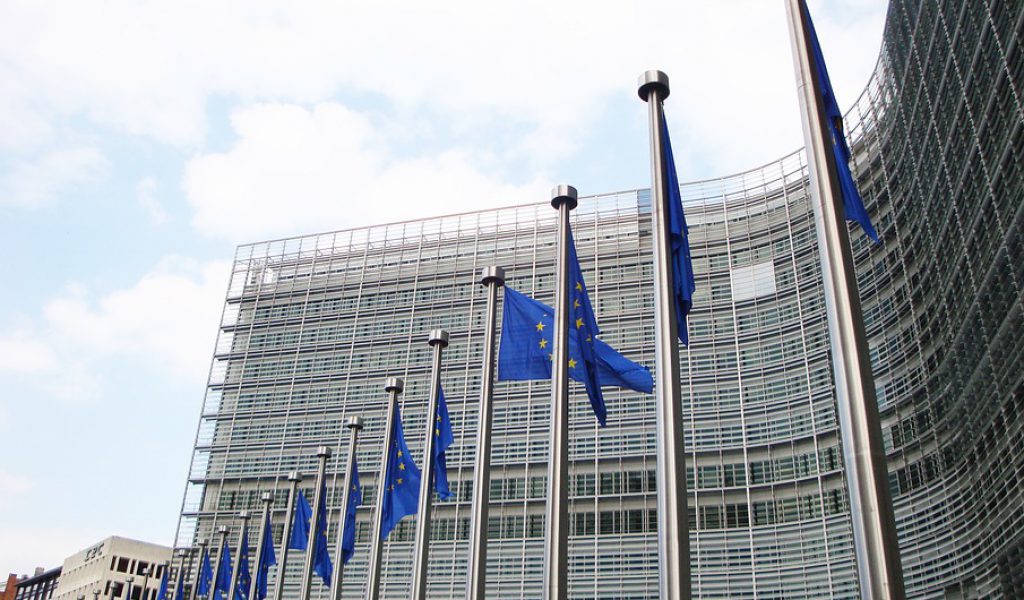The economic recovery in the euro area continued, supported by domestic demand, while export growth remains modest. Looking ahead, the economic recovery should proceed at a moderate pace. The Economic ECB Monthly Bulletin explaining how "domestic demand continues to be supported by the transmission of monetary policy measures of the real economy ECB" but the risks to the outlook for growth "remain on the downside": Brexit, other geopolitical uncertainties, the outlook for growth contained in emerging markets.
"It ‘s likely that inflation rates remain very low in the coming months and then go back later in 2016 in large part due to the reasons of the base effects of change on-year rate of energy prices". In the newsletter it is stressed that with the support of the "monetary policy measures and the expected recovery of the economy, inflation rates are expected to rise further in 2017 and 2018".
The ECB continues to expect that interest rates will remain at levels equal to or lower than the current ones for an extended period of time, far beyond the horizon of the net asset purchases. "In economic bulletin states that" if necessary "Frankfurt ready to act "using all the tools available within its mandate."
Finally for the ECB, "the bank lending survey in the euro area for the second quarter of 2016 showed further improvement of the offer conditions of loans to businesses and households and the continuing increase in demand for all categories of loans. " Therefore, according to the institute in Frankfurt, "it is essential that the channel of bank loans continue to function properly."









